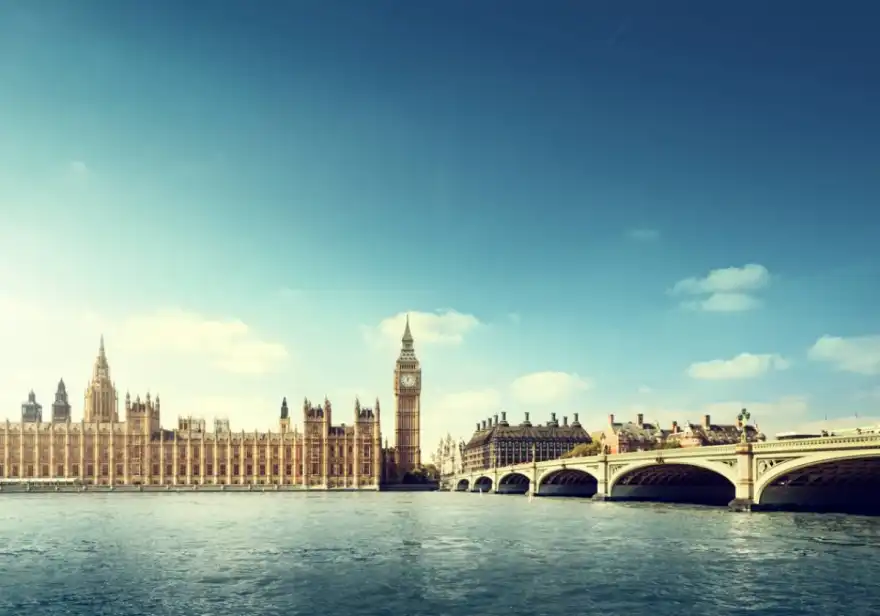
A fuel duty freeze, fewer potholes, money to improve the most important roads, and incentives to drive electric vehicles are amongst the benefits motorists can expect following the Budget 2020, Chancellor Rishi Sunak revealed. Let us consider the details.
Fuel duty frozen
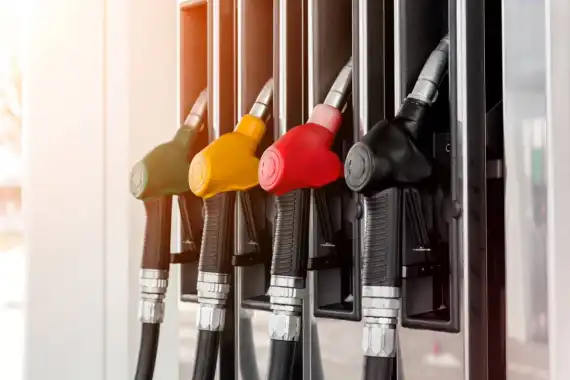
Fuel duty has been frozen for the tenth consecutive year. Drivers pay this tax at the pump and it accounts for a significant percentage of the total cost. Fuel duty for petrol, diesel, biodiesel, and bioethanol therefore remains at 57.95 pence per litre. The liquefied petroleum gas rate stays 31.61 pence per kilo.
Record funding for major roads
The Strategic Road Network includes many of the nation’s most important roads and it is to receive record funding. £27 billion will pay for more than ‘20 connections to ports and airports, 100 junctions, and 4,000 miles of road’, the Chancellor told the House of Commons. It is the ‘biggest ever investment in strategic roads’.
Fewer potholes
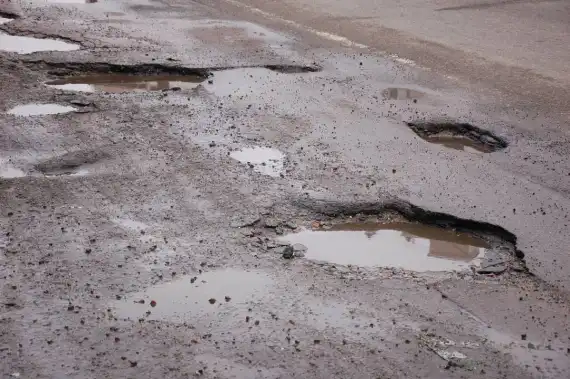
£2.5 billion is to be spent fixing 50 million potholes, over 5 years. ‘That is 500 million every single year’, Mr Sunak confirmed.
Plug-in Car Grant extended
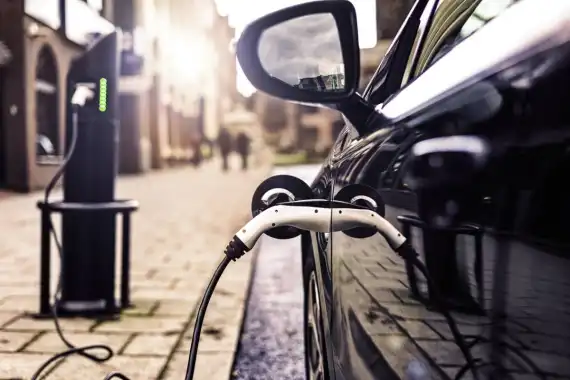
The Plug-in Car Grant subsidises the cost of buying low emission cars and will now continue to 2022-23 (rather than end). The cost of this extension is £403 million. The scheme’s purpose is to encourage people to purchase low emission cars rather than more polluting equivalents. There are some changes, though. For example:
- maximum grant cut from £3,500 to £3,000
- cars that cost more than £50,000 now excluded.
More electric vehicle chargers
The Budget 2020 allocates £500 million to increase the number of rapid chargers for electric cars. Why? Because a lack of fast, reliable public chargers makes many motorists reluctant to buy plug-in models. The investment should ensure ‘drivers are never more than 30 miles away’ from a rapid charger, Mr Sunak emphasised.
Red diesel fuel duty rebate scrapped
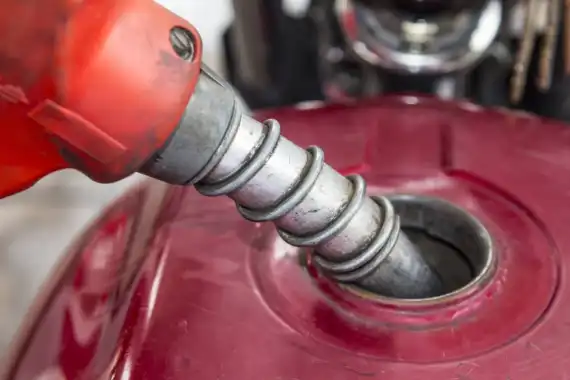
In 2 years, the red diesel fuel duty rebate will be scrapped for most sectors. Sectors that will continue to benefit include agriculture, fish farming, rail, and non commercial heating. Red diesel is similar to the diesel drivers typically use in cars, vans, and lorries – but it is only for vehicles that never go on the public roads (or rarely). They stay on farmland, for instance.
As of today, red diesel fuel duty is 11.14 pence per litre following the rebate. This is a stark contrast to the 57.95 per litre people pay for normal diesel. Any variation will be scrapped.
Why the change? Because ‘sectors that use red diesel are some of the biggest contributors to our air quality problem’, the Chancellor claimed. He further argued that the tax relieve has ‘hindered the development of cleaner alternatives’ to red diesel.




